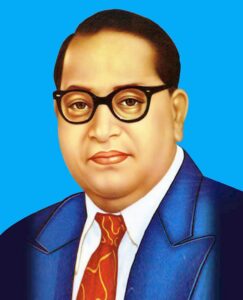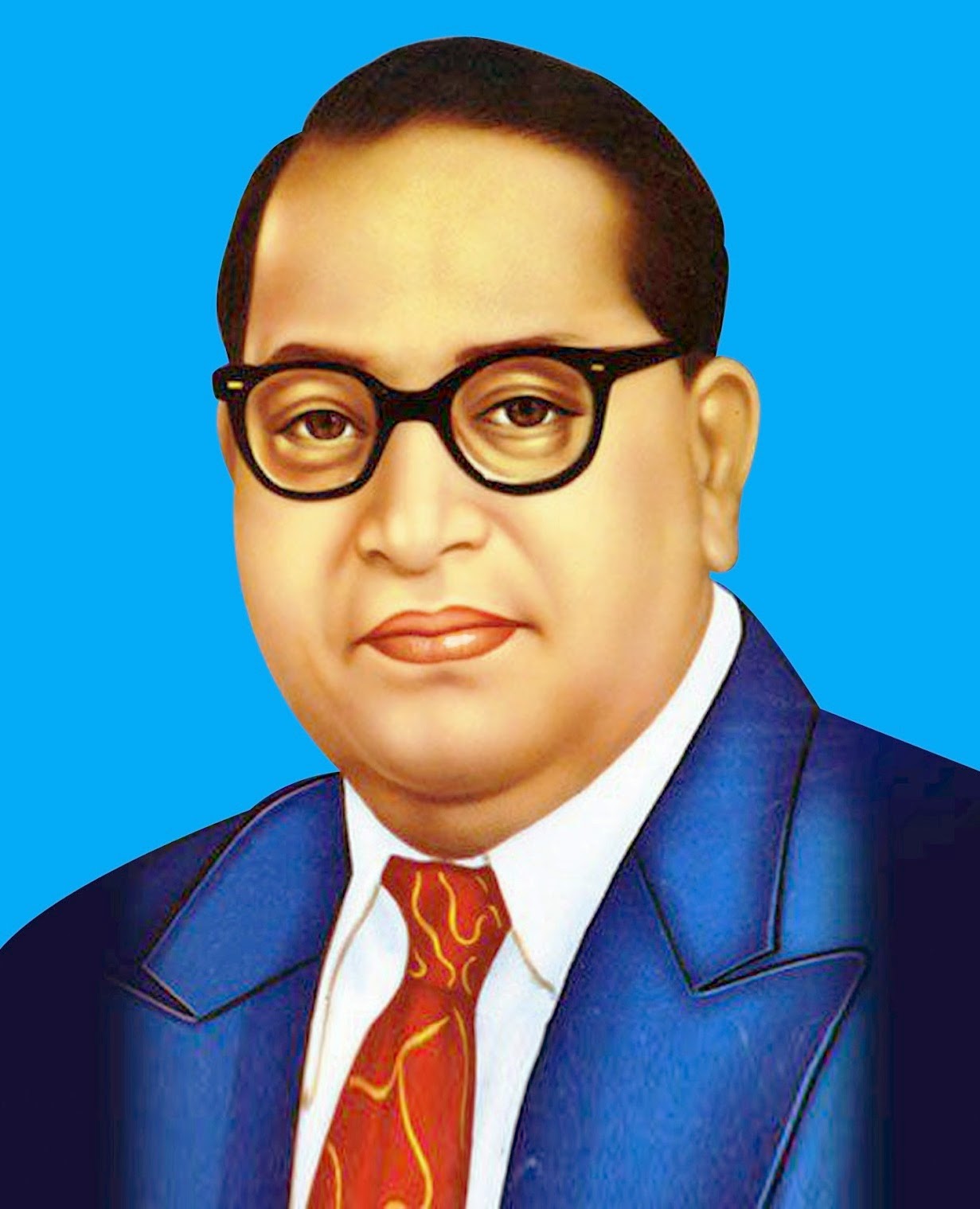Bhimrao Ramji Ambedkar, also known as Babasaheb, was a prominent Indian figure, revered for his contributions as a jurist, economist, social reformer, and political leader. Born on April 14, 1891, Ambedkar played a pivotal role in shaping India’s destiny through his multifaceted endeavors.

Ambedkar’s journey commenced with his education at Elphinstone College, University of Bombay, where he laid the foundation for his future academic pursuits. He furthered his studies in economics at Columbia University and the London School of Economics, earning doctorates in 1927 and 1923, respectively. Notably, he was among the few Indian students to achieve such academic accolades at these esteemed institutions during the 1920s. Additionally, he honed his legal expertise at Gray’s Inn, London, setting the stage for his illustrious career as an economist, professor, and lawyer.
Early Life and Education: Breaking Chains, Building Dreams
Bhimrao Ramji Ambedkar, affectionately known as Babasaheb, embarked on his journey amidst the rigid caste system of Indian society. Born into the Mahar caste, considered untouchable, in the quaint town of Mhow, Madhya Pradesh, his upbringing was fraught with discrimination and adversity. However, young Bhimrao’s tenacity and academic brilliance shone through the darkness of prejudice. Scholarships paved his path to esteemed institutions abroad, where he acquired degrees in economics and law from Columbia University and the London School of Economics. These formative years laid the groundwork for his future endeavors as a beacon of social reform.
Also Read: Mahaparinirvan Diwas 2023: Paying Homage to Dr. B.R. Ambedkar’s Timeless Legacy
Champion of Social Justice: A Voice for the Marginalized
Ambedkar’s mission was clear—to dismantle the oppressive caste hierarchy and advocate for the rights of Dalits. His magnum opus, “Annihilation of Caste,” reverberates as a clarion call for societal transformation. Through tireless advocacy and relentless activism, he carved a path towards equality and dignity for historically marginalized communities. His efforts bore fruit with the inclusion of provisions for social justice and affirmative action in the Constitution of independent India, ensuring representation and opportunities for the oppressed.
Architect of Indian Constitution: Crafting a Blueprint for Democracy
Ambedkar’s pivotal role in drafting the Constitution of India cements his legacy as an architect of democracy. As the chairman of the Constituent Assembly’s Drafting Committee, he championed the principles of democracy, liberty, and equality. His insistence on fundamental rights laid the foundation for a pluralistic and inclusive society. The Constitution stands as a testament to his vision—a testament that continues to guide the nation towards progress and inclusivity.
Legacy and Impact: Inspiring Generations, Empowering Movements
Babasaheb’s legacy transcends boundaries, inspiring movements for social justice and human rights globally. His teachings resonate with those who strive for emancipation and empowerment, serving as a guiding light in the fight against oppression. Even today, his advocacy remains relevant, offering hope to those who yearn for a fairer and more equitable world.
Conclusion: Embracing the Vision of Babasaheb
As we commemorate the life and legacy of Bhimrao Ramji Ambedkar, let us reaffirm our commitment to his vision of equality, dignity, and inclusion. By embracing his ideals, we can pave the way for a society built on justice, compassion, and fraternity. Babasaheb’s journey teaches us the power of resilience, intellect, and unwavering dedication to the cause of social justice. Let us honor his memory by striving towards a brighter future for all, where every individual is valued and respected.

